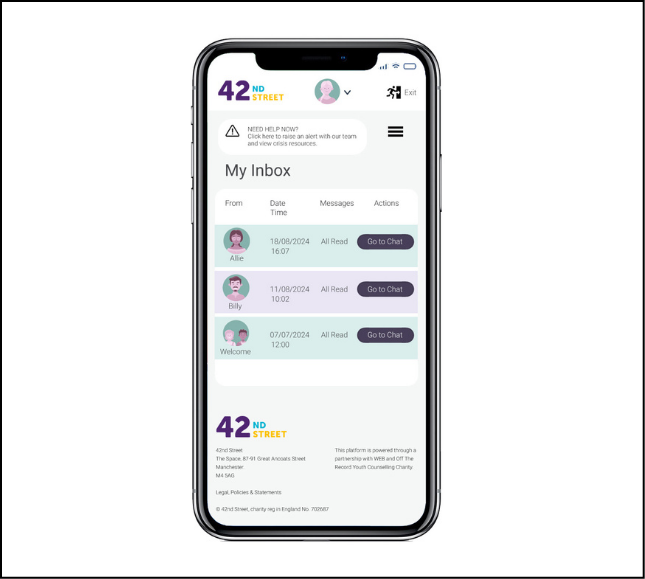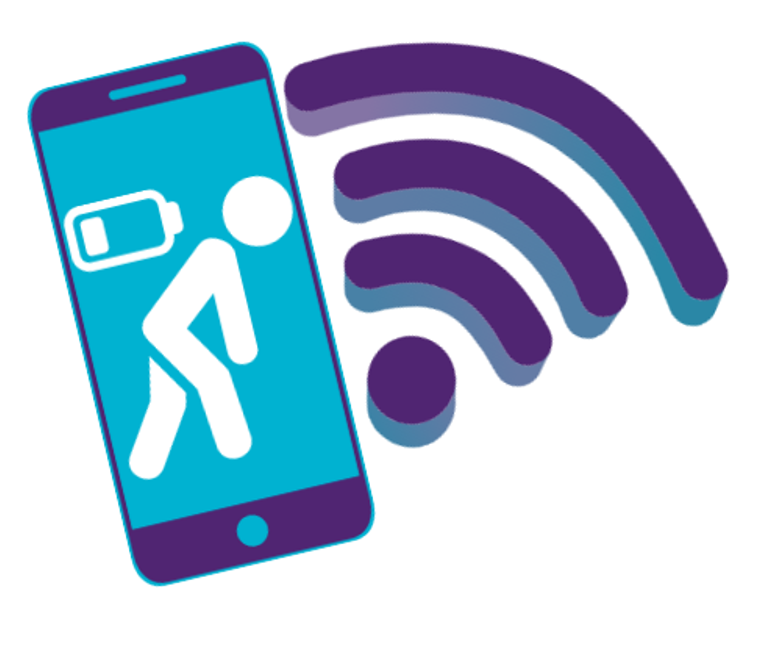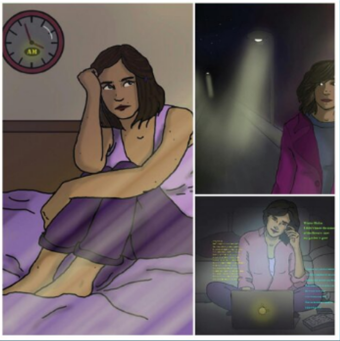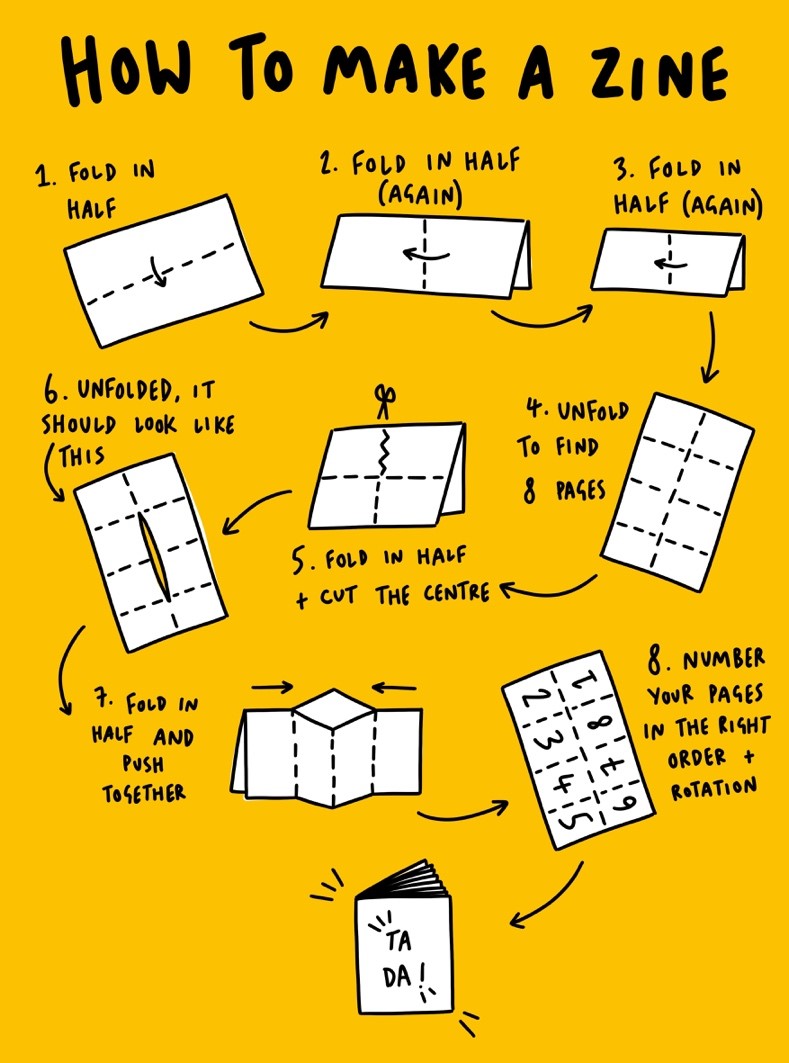What is Burnout
Read time: 3 minutes
Burnout is a feeling of fatigue or exhaustion that can show in a few different ways. It is often the result of constant or continuous work, emotional strain or prolonged stress, and has mental and physical consequences.
What is Burnout and what does it feel like?
Some professionals have suggested that the pre-burnout emotional state is a little bit similar to depression, with feelings of stress, fatigue and apathy taking over. We are living and working in a world that often prioritises our output and our productivity above all else. It is quite natural to feel fatigued and burned out from this and creating times and spaces for you to explore different sides to yourself is not only radical, but also a healthy way through burn out.
Burnout is getting talked about more and more and has been identified as very common amongst young people. These two articles, on the BBC and Buzzfeed, have been widely spread as many young people feel like there is a new type of burnout, reflective of this age of tech and productivity.
Burnout can have many symptoms that are different for different people. Some main ones include:
- Constant feelings of tiredness or fatigue
- Feelings of apathy or the loss of joy in activities previously found fulfilling,
- Alienation from work, or feeling bored and unhappy about your work,
- Feelings of panic or stress about the work, or life,
- Difficult communicating with others,
- As named in the Buzzfeed article above, ‘errand paralysis, where all the tasks seem to stack up to the point where even completing one feels like a strain,
- Changes in your sleeping pattern- some people who are burning out sleep significantly more to overcome some of the symptoms,
It can also give some physical symptoms, including:
- Headaches.
- Stomachaches.
- Intestinal issues.
What can you do?
If you are struggling with burnout, it is important to recognise that it is a symptom of continued stress, and the best way to shift it is to make some lifestyle changes. This is not possible for everyone, and especially for or those working in hospitality or retail, it can be difficult to make changes that are going to help you feel better.
Nonetheless, some basic lifestyle changes can alleviate some of the symptoms of burnout, and give you some space.
- Acknowledge that you are feeling burned out and that it is time to tackle it. Many people can live for months with burnout, unable to combat the feelings of exhaustion and stress. For you to overcome this, you need to be conscious that you are burning out. Remember that burnout doesn’t fade overnight but can
- Stick to a routine, especially when it comes to your sleeping pattern. Whilst burnout can make the days of the week feel extra monotonous, setting yourself a routine that gives you time for rest, play and work can really help to make sure you are getting enough hours of sleep, and some time dedicated to leisure. Planning out some meals can also help to make sure you are getting enough vitamins to alleviate some of those physical symptoms.
- Make sure you get some sleep! If you can’t stick to a routine, do make sure that you are resting as much as you can.
- It’s not possible for everyone, but switching off your tech can have a huge impact. Turning your phone off an hour before you sleep, or dedicating a few hours a day away from technology can help us sleep, take us away from the constant messages and new information, and encourage us to get outside.
- Develop mindfulness techniques using the app Headspace, or this website to help you ground yourself.
- Use one of these to prioritise your workload and to make the tasks feel less overwhelming. It can help recognise what tasks are the easiest to complete with the most impact and those which might take a lot of effort but not actually make the biggest impact.

- Remember that it is okay to delegate. You can’t do everything at once, and sometimes balancing out the workload a little helps to make sure the work still gets done, whilst you can take some time away from the screen.
- If you have a boss, ask if there are any tasks that can be postponed or left out of your workload. Sometimes, tasks that are causing a whole lot of stress aren’t actually as necessary as we think they are! Similarly, if you are at university or school, speak to your lecturers and teachers about your feelings of stress and together you can figure out if anything can be dropped from your workload. Extenuating circumstances or extensions can give you the time you need to rest and recuperate.
- Finally, speak about how you are feeling. Whilst burnout is relatively common, it can be linked to other feelings of depression, anxiety and chronic stress. It is important to talk about these feelings with friends, family or a professional to make sure that your burnout does not escalate. One way to track your emotions is to keep a journal, which describes your emotions each day. Another method is to draw a big table with one box per day and colour-code each day reflecting your emotional state. This can help you see shifts over time.
By: Iona Taylor










































































